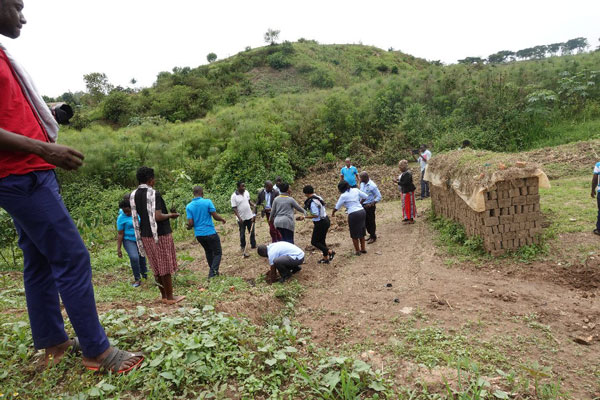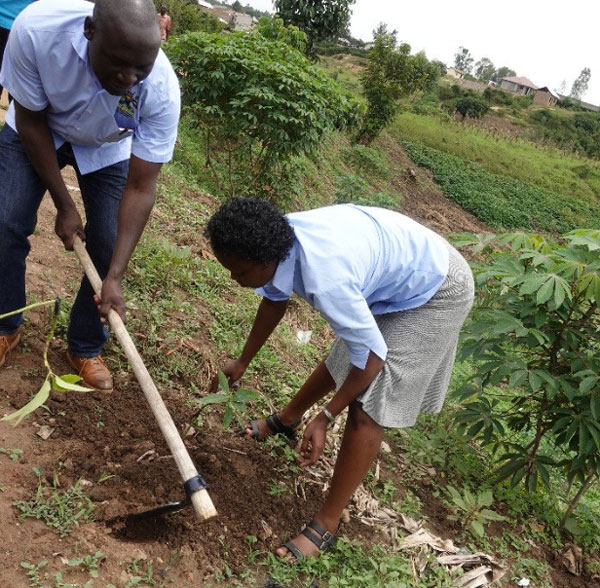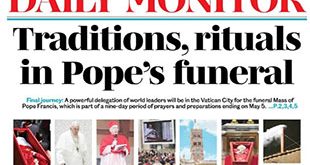
Entebbe, Uganda | THE INDEPENDENT | Water resources around River Rwizi are declining at a fast rate due to competing demands for water, rampant pollution, and encroachment on buffer zones. This was reiterated by Richard Musota, the Principal Water Officer in the Directorate of Water Resources Management (DWRM) in the Ministry of Water and Environment.
He was making a presentation in the ongoing Uganda Water and Environment Week, under the theme: Water, Sanitation, Environment and Society.
According to Musota, the key drivers of these trends are; rapid urbanization which comes along with pollution from the construction industry; food industry pollution by an abattoir in the region and poor urban sanitation where houses are constructed hardly ten metres away from the river.
He said that toilet facilities are hardly two metres away from the river and it has been noticed by the municipality authorities that when it rains, some households release fecal matter which is dumped into the river.
To try and mitigate the effects on the river, Musota said that the DWRM conducted an awareness campaign which involved focused group discussions and learning visits where people were taught more about the ecosystem around the river.


As a result, stakeholders’ governance structures were formulated for purposes of accountability in management of the river.
“We have seen some results from our efforts so far,” Musota said adding that there was improved water use efficiency by major companies such as Nile Breweries Limited and GBK dairy who have installed state of the art water treatment equipment which is now protecting the buffer zone.
He however noted that efforts to demarcate the mandatory 100-meter buffer zone had been met with resistance from some community members. A total of 238 pieces of land were claimed by different people encroaching on the buffer zone.
River Rwizi goes through Mbarara Municipality. The municipality covers an area of 51.5 km2 while the river catchment area stretches out 8,200 square kilometers.
Musota concluded that stakeholders are slowly getting to understand the buffer zone management. In the meantime, the DWRM continues to implement the catchment-based management approach along River Rwizi.
*****
SOURCE: UWEWK newsletter
 The Independent Uganda: You get the Truth we Pay the Price
The Independent Uganda: You get the Truth we Pay the Price



